by Alan Briskin | Collective Wisdom
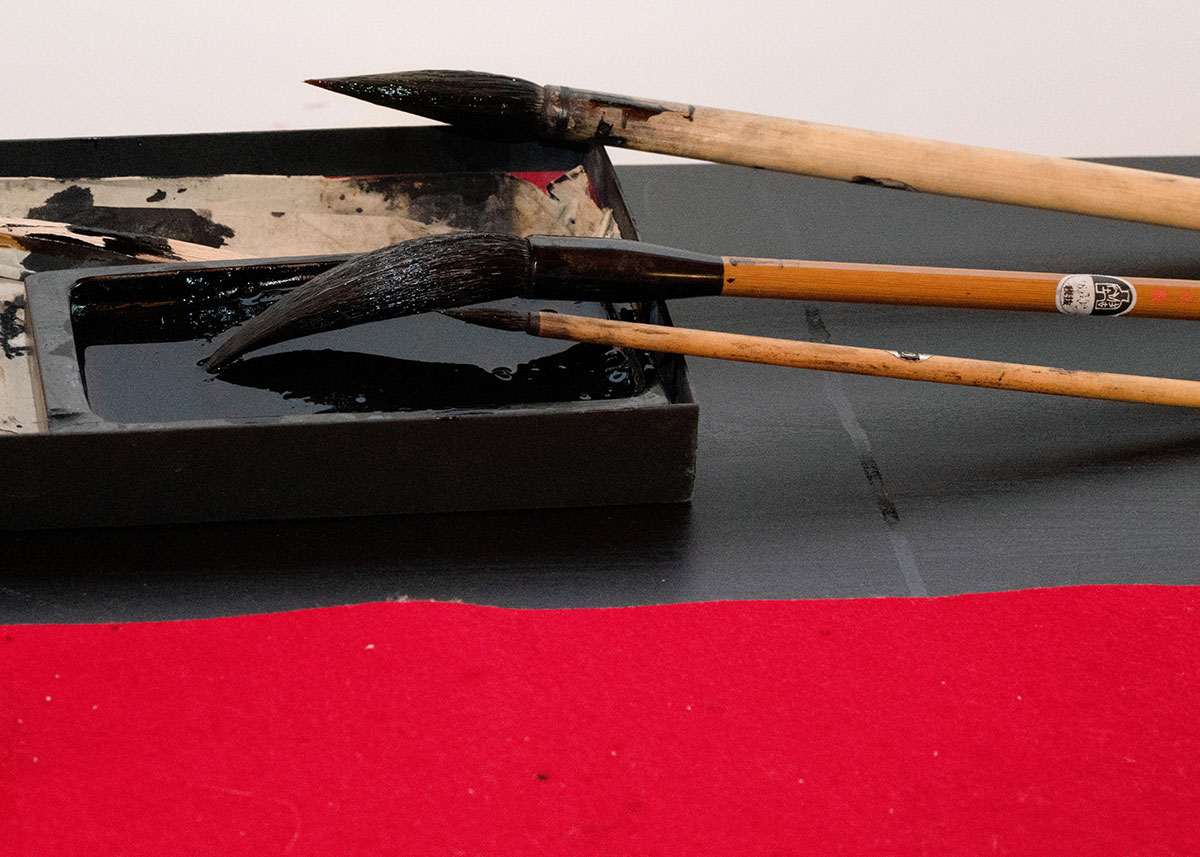
This post is a reflection inspired by an active dialogue between Kathia Laszlo and me, as we co-design our upcoming retreat Unfolding Wisdom scheduled for April 16th – 19th at the Mercy Center in Burlingame, CA. It is adapted from the original post at our Unfolding Wisdom website, as a response to Kathia’s blog post “Learning, Leadership and Spirituality.”
Reading Kathia’s posting on the threads woven through her life gave me pause to consider my own. We are made up of these threads and their weaving gives shape to our lives. Consciousness of how we weave and re-weave these tangled strands reveals that the narrator of events is as critical as the events themselves. We create the narration and the narration shapes who we are, and then we forget. Remembering our wholeness is recognizing the co-arising nature of both narrative and narrator. The poet Rumi says it with a most clever twist: “Do you remember how you came into existence? You may not remember because you arrived a little drunk. Let me give you a hint: Let go of your mind and be mindful. Close your ears and listen.”
My listening occurred in the dark womb of alienation. I was sixteen with no language for having a felt sense of being other. I felt little connection with my family or lineage; Jewish immigrant parents from Lithuania observing customs and rituals from a religion that bore no resemblance to my experience of the world around me. Nor was I inspired by the professional aspirations that surrounded me in the working/middle-class neighborhood of Queens where I grew up. An image of the accountant who lived across the street was seared into my brain – trudging home at the exact same time every evening, head down, shoulders slumped; an advertisement for the fatalism of conformity and the despair of successful assimilation. Dramatic responses to desperation were woven into this world, but ones I could not foresee at the time. And not just for me: one classmate would become a famous playwright, another a porn star legend, and a third, director of the C.I.A..
In 1970, I left the country.
Read More
by Alan Briskin | Collective Wisdom, Spiritual Intelligence
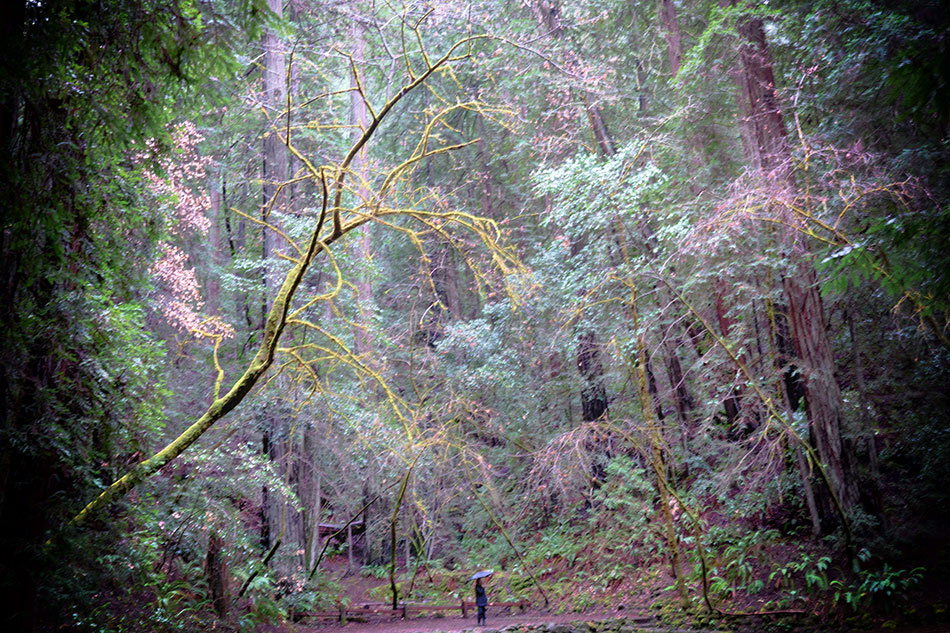
Note from the authors: We, Alan Briskin and Kathia Laszlo, have been in deep exploration on Unfolding Wisdom as part of the design process for an upcoming retreat on this topic. The retreat is meant for leaders, facilitators, consultants and change agents who are curious about the tension between intuitive knowing and its practical application in organizations and society.
Our rich conversation has become fertile ground for our future time together. The following post will give you a glimpse into our dialogue. We invite you to participate in it by sharing your own feelings and thoughts as comments. We begin with some initial reflections from Kathia, followed by a response by Alan.
Read More
by Alan Briskin | Collective Wisdom, Leadership

From a systems perspective, emergence is a phenomenon in which something new arises from interactions among smaller or simpler components. The economist Jeffrey Goldstein describes emergence as “the arising of novel and coherent structures, patterns and properties during the process of self-organization in complex systems.”
My colleague, David Bradford, tells the story of the birth of National Training Labs, a pioneering center for the study of group behavior that began shortly after World War II. Leland Bradford, David’s father, was one of NTL’s founders.
In 1946, there was a workshop led by my father and his two colleagues, Ron Lippitt and Ken Benne. The purpose was to train community leaders to facilitate discussions in their own towns about housing for minorities. The participants were from the state of Connecticut. The workshop’s leadership team included Lippitt’s mentor, Kurt Lewin, and Lewin’s graduate students from MIT who were doing research on group process.
During the conference, in the evenings, the workshop leaders got together to hear the observations from the graduate students discussing the day’s events. It so happened that one evening a couple of the participants wandered into the room during the evening discussion. Lewin’s high regard for democratic principles likely played a role in allowing those persons to stay.
Read More
by Alan Briskin | Collective Wisdom, Consciousness, Fields
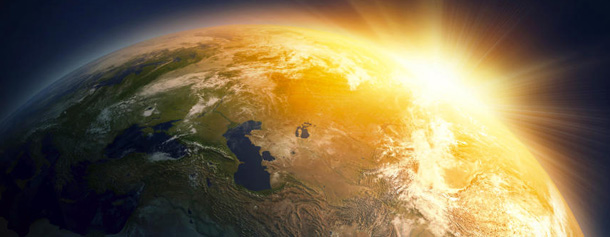
Teilhard de Chardin’s Noosphere: A Field of Consciousness Surrounding Us
The genesis of a great idea can lie dormant for a very long time before ascending into consciousness. For the philosopher, scientist, and theologian Pierre Teilhard de Chardin, it was germinated in the mud of Verdun, France, where, as a stretcher bearer in World War I, he carted the dead and wounded from the front lines. Like Edgar Mitchell, Teilhard had the ability to intuit a greater meaning from his immediate circumstances, to see out beyond the literal front lines to the outlines of a global consciousness.
Journaling during a brief furlough from his duties in war, Teilhard reflected on the paradoxical pressures that soldiers felt between the respite from fighting and the tension of being on the front lines.
Our future continues to be pretty vague, both as to when and what it will be. What the future imposes on our present existence is not exactly a feeling of depression; it’s rather a sort of seriousness, of detachment, of a broadening, too, of outlook. This feeling, of course, borders on a sort of sadness (the sadness that accompanies every fundamental change); but it leads also to a sort of higher joy. . . . I’d call it “Nostalgia for the Front.” The reasons, I believe, come down to this; the front cannot but attract us because it is, in one way, the extreme boundary between what one is already aware of, and what is still in process of formation. (Teilhard de Chardin 1965, 205)
What was being stirred up in Teilhard’s imagination was a profound shift of attention. The months on the front altered his perception. Decades later, he would acknowledge how the concentration of bodies, “the atmosphere of the front,” and the loss of boundaries between “natural” and “artificial” and between “physical” and “moral” inspired within him an epiphany. The human million, as he described it, had within itself a “psychic temperature” and an evolutionary throb. The isolated human being, like an unattached cell, was predisposed to join with others and become a more complex entity, “to coalesce into physical relationships and groupings that belong to a higher order.” Grounded in his scientific knowledge of biological evolution and now acting with a spiritual sixth sense, Teilhard’s capacity for observation was magnified. He described this as a “gift or faculty of perceiving without actually seeing, the reality and organicity [sic] of collective magnitudes . . . what emerged into my field of perception was literally a new universe” (King 1996, 60–61).
Decades before Edgar Mitchell gazed down from the sky and saw a singular planet, Teilhard looked up from the planet’s physical core and saw a web of psychic coherence, like a thin mist, rising above human consciousness. His mind had been rewired to see unity from multiplicity and diversity as elements that make up a larger whole. “Yes,” he wrote in The Phenomenon of Man, “from now on we envisage, beside and above individual realities, the collective realities that are not reducible to the component element” (Teilhard de Chardin 1959, 247).
Read More
by Alan Briskin | Collective Wisdom, Fields, Online Courses
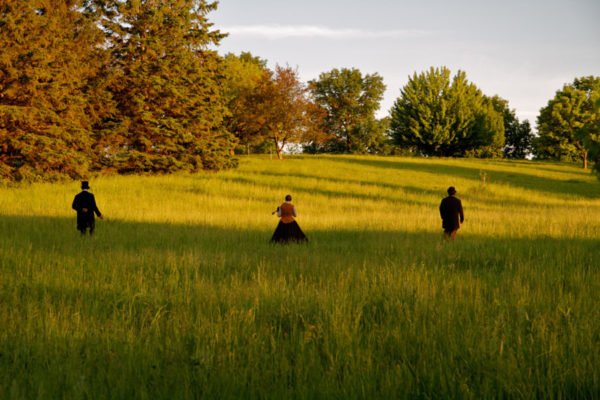
Looking back on my earlier collaboration to articulate collective wisdom, I believe we all shared a faith in the centrality of spirit, the evolutionary potential of the human species, and the reality of our interconnectedness. We believed ourselves inextricably bound up with each other, enfolded within the larger forces of nature and subtle energies largely invisible to conscious awareness. Collective referred to a larger concept of wholeness and wisdom to its role in addressing existential issues of life, grounded in principles of collaboration, nonviolence, and adaptability.
Deeply embedded in our work, but in retrospect not explicit enough, was a respect for the individual’s relationship to larger fields. In our initial Declaration of Intent, published in 2004, we began by stating:
We believe a field of collective consciousness exists — often seen and expressed through metaphor — that is real and influential, yet invisible. When we come into alignment with this field, there is a deeper understanding of our connection with others, with life, and with a source of collective wisdom.
I’m now embarking on a six-session online program, Activating Collective Wisdom: Five Essential Practices, with Amy Lenzo, whose work with online environments and interactive group design makes her an excellent partner.
Early in our design process, she asked me about the relationship between the individual practices we are exploring in the course and activating collective wisdom in groups. In thinking about her inquiry, I am drawn back to the questions of fields. What different kinds of fields exist? What kinds of individual practices have the greatest impact on fields? How can we align, as individuals and as groups, with these deeper forces of connection? What is a path with wisdom?
I don’t have definitive answers to these questions, but they compel my attention and motivate me to inquire with fellow travelers. As the philosopher Jacob Needleman said with a mischievous smile, “I can’t tell you what wisdom is, but I know the wisest among us seek it.”
Read More
by Alan Briskin | Collective Madness, Collective Wisdom
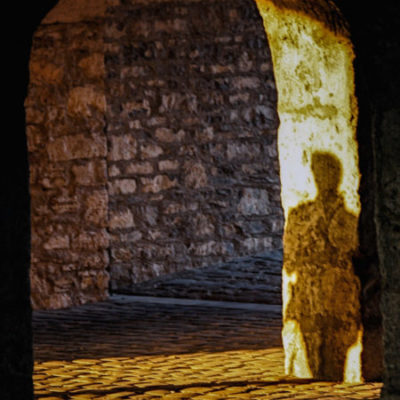 (Also published in the Huffington Post) Are these times too absurd to address issues rationally? Are we in times so serious and fragile that it is inappropriate to make light of them? Is resistance to threat our only choice, or can this be a time to renew principles and practices that remind us of our shared humanity? Wisdom is not about final answers but about a willingness to engage and a capacity to discern what is needed in the moment. Collective wisdom is about how we do this together.
(Also published in the Huffington Post) Are these times too absurd to address issues rationally? Are we in times so serious and fragile that it is inappropriate to make light of them? Is resistance to threat our only choice, or can this be a time to renew principles and practices that remind us of our shared humanity? Wisdom is not about final answers but about a willingness to engage and a capacity to discern what is needed in the moment. Collective wisdom is about how we do this together.
Seeking wisdom is also about listening, especially from within — to sense what is right action, what wounds may need to be addressed, what relationships help us navigate turbulent times. For me, it is also about finding a creative edge, pushing me to the brink of psychological comfort. In a few weeks, I will be announcing public programs that I will be co-convening involving collective wisdom practices and sacred leadership. However, I also feel a compelling need to address the collective shadow, finding ways to walk a fine line between reason and absurdity, collective danger and collective awakening.
I woke up recently with a startling question: What would Adolf Hitler think of contemporary times and particularly of our new president? Initially, the writing was dark and amplified some of my personal fears. The absurdity of my own premise was not being realized. A colleague reminded me that my readers would consciously or unconsciously understand that Hitler self-destructed, as has every dictator, tyrant, autocrat, despot, and authoritarian ruler. Of course, not immediately and not without devastating consequences, but the nature of malignant narcissism, a central feature of the despot’s personality, is not a recipe for organizational competence, let alone social cohesion.
And so I am publishing my rendition of fake news – a transmission from the netherworld in which an unrepentant but lonely Hitler seeks to become Trump’s advisor. I hope readers will find in it both satire’s cutting edge and just enough absurdity to be able to step back and take a deep breath.
Read More







